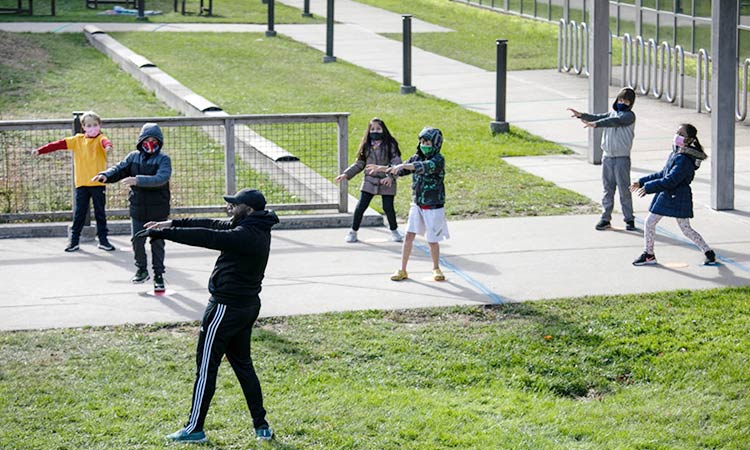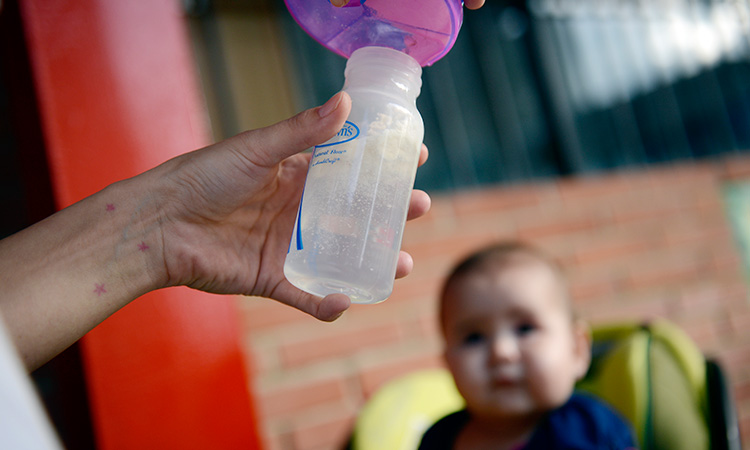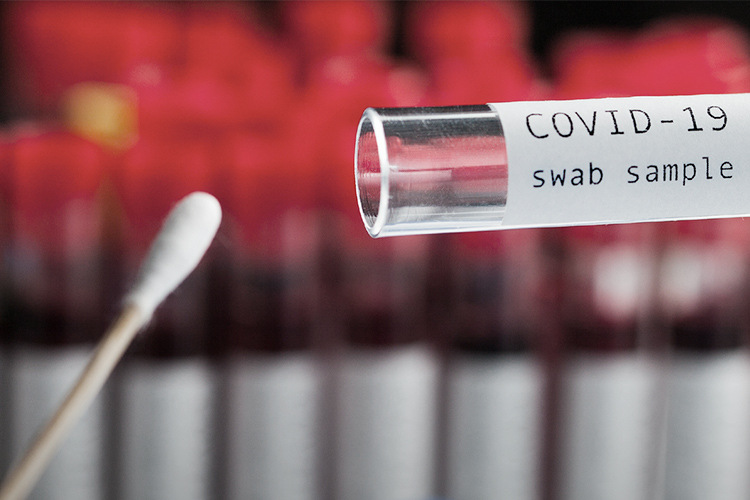Study confirms COVID-19 is rare in kids, but in some cases it can be severe

Photo used for illustrative purpose.
Gulf Today Report
Children "much less commonly" need hospital treatment or tend to become severely ill with coronavirus than adults.
The study, led by the Children's Hospital of Philadelphia, quantifies and confirms — but doesn't attempt to explain — one of the biggest mysteries of the pandemic: Why an infection that has so far killed more than 1.3 million people worldwide is uncommon and mostly harmless in children.
READ MORE
Japanese fashion themselves with luxurious face-masks made of diamonds and pearls
Coronavirus Harry Potter 'magic' fills six-year-old British girl's room
Vegetarians may be at higher risk to suffer bone fractures, study suggests
For the analysis, published on Monday in JAMA Pediatrics, researchers at CHOP and six other U.S. children's hospitals reviewed electronic health records of almost 136,000 paediatric patients, from infants to age 24. All were tested for COVID-19 either because they had symptoms or needed to be screened before admission for a medical procedure.
Of the 5,374 children and adolescents who tested positive, less than 7% developed severe illness that required hospitalization. Eight of them, most with complex preexisting medical problems, died, for a fatality rate of 0.15%.

Infection was more common, and more likely to be severe, among Black, Hispanic and Asian patients, adolescents ages 12 to 17, those with public health insurance, and those with certain chronic medical conditions.
"While the overall risk of disease is low in this group of children, we see significant disparities in those who are testing positive and developing severe disease, which follows what we see in adults," Hanieh Razzaghi, a research project manager at CHOP and co-lead author of the paper, said in a news release.
Charles Bailey, a CHOP informatics specialist and co-lead author, said more research is needed to understand which medical conditions put children at higher risk of infection. For example, the study found children with diabetes, but not asthma, were more likely to test positive.
The researchers also tried to assess the prevalence of a life-threatening inflammatory disease linked to COVID-19. It is so rare that it has no accepted diagnostic term or definition. To find an indirect indicator of the new disease in the medical records, the researchers looked to see whether a similar rare illness, called Kawasaki disease, was more common this year compared to 2018 and 2019. There was no increase in Kawasaki diagnoses.
So far, it remains unclear why children are largely unscathed by the coronavirus. One theory, bolstered by some research, is that the cells lining their noses produce less of the protein that helps coronavirus enter the body than the noses of older people. There is conflicting evidence about whether infected children are as likely as adults to be "vectors," or spreaders of the virus.







